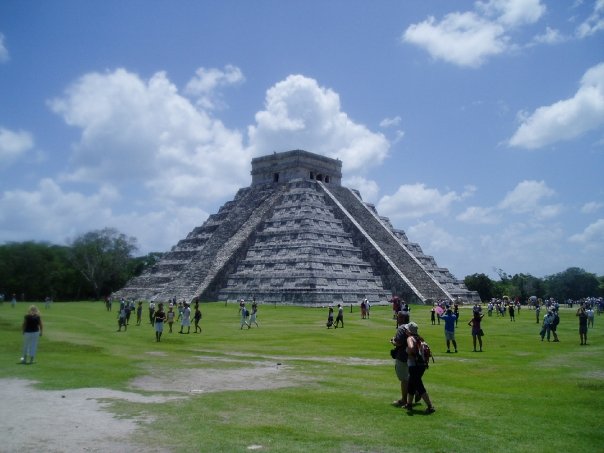In my opinion, the best part about fantasy is exploring ideas. These are concepts that may have never existed, or were extremely rare. When building a fantasy world, there is no reason to limit ourselves to government types that actually exist or used to exist. The trick to immersion is to make sure that it’s internally consistent and that your readers don’t think that would never work. A great example of what not to do can be found it this video:
Here are some of the more unusual governments that might exist in your setting:
Doulocracy – government by slaves. It must have existed somewhere, since it has a name, but I can’t find one. As far as I can figure out, this would require a supreme leader, emperor, king or queen. The bureaucracy and military would be made up of slaves who could earn a level of freedom by rising in the ranks. The constant threat of enslavement would keep the citizenry in line.
Capelocracy – government by shopkeepers. This is different than a Plutocracy, which is government by the rich. In this form of government, anyone who owns a business of any sort is given an equal voice on the council. There may be a figurehead or elected mayor, but that isn’t a requirement. Entry into business would require some sort of license, payment, or the like, but once done, you are an official.
Kleptocracy – government by thieves. Imagine a world where the mafia, gangs, and pickpockets literally make the rules. In a fantasy world, this could mean the thieves’ guilds have taken such a hold that they don’t even bother manipulating the government or using corruption, they rule directly. I ran a campaign once in a Kleptocracy, which eventually became the inspiration for the Blake Heira novels.
Magocracy – government by wizards. If the thieves can do it, why not the spellcasters? Myos was a Magocracy prior to the Druid Wars. It is now a Theocracy, or government by priests. You could have the Council of Wizards be the main law makers, have a single wizard-king who rules, or in a high magic setting, every governmental job requires some degree of spellcasting ability.
Bestiocracy – government by beasts. Perhaps the country was taken over by a dragon, manticore, or some other entity. In fantasy, this might not even be a bad thing. If the dragon king is benevolent, you might have a thousand years of peace. Afterall, what sort of dragon slayer would want to take on the whole country?
Necrocracy – government by the dead. In some ways, this has actually happened in the world, where the leader of a country is nominally someone who died (North Korea is something like this). In fantasy, you might actually have a specter, ghoul, lich, or vampire ruling the country. Again, the twist might be that this isn’t a bad thing. If the ghost of King George the Good is in power, who’s going to complain?
Gerontocracy – government by the elderly. This is a trope of many fantasy worlds, particularly with tribal cultures. There may be a council of elders where simply reaching a certain age puts you in a position of authority. Or the oldest person may simply be in charge.
Technocracy – government by technical experts. There are several ways this might go, from government by economists or experts in governments to government by people who have a specific skill. Magocracies are a form of Technocracy, for example. You can really go wild with this idea. You could put the best singers or musicians in charge. Perhaps the best dualist, blacksmith, or archer rules.
Next week, I’ll be diving deep into how fantasy governments work and how to make them an interesting part of your world. See you then!

